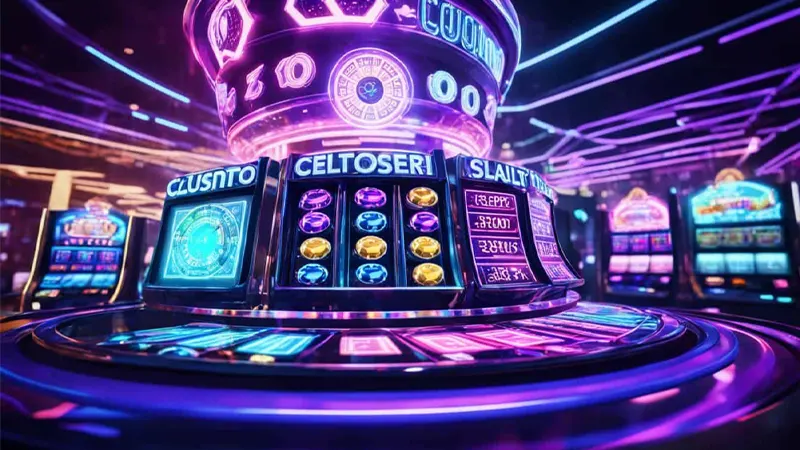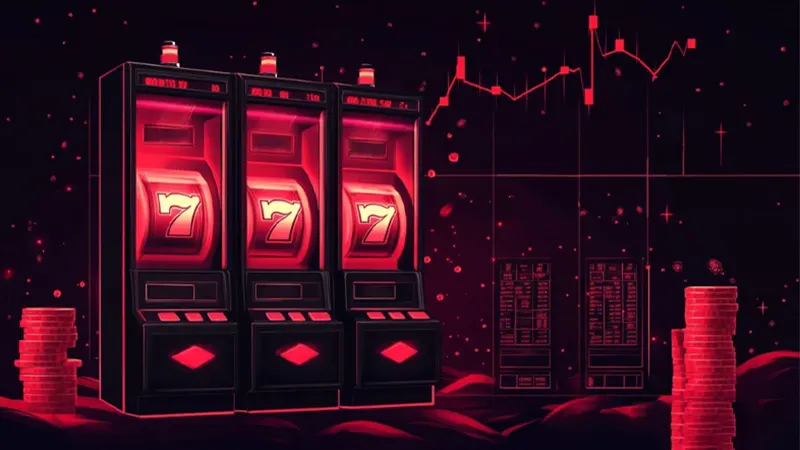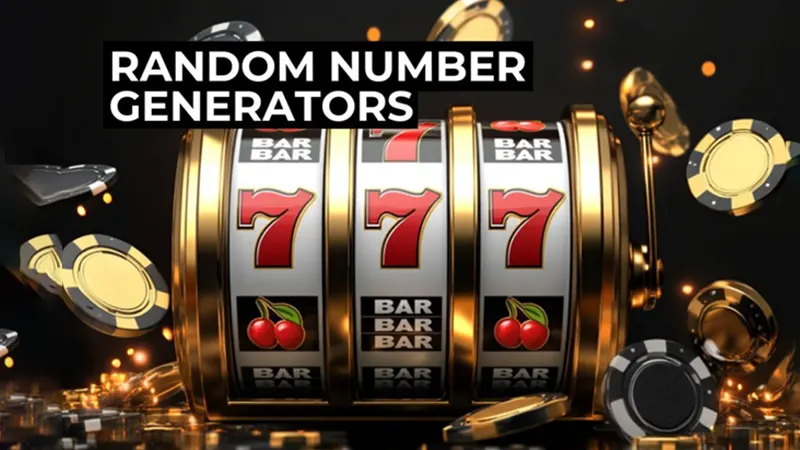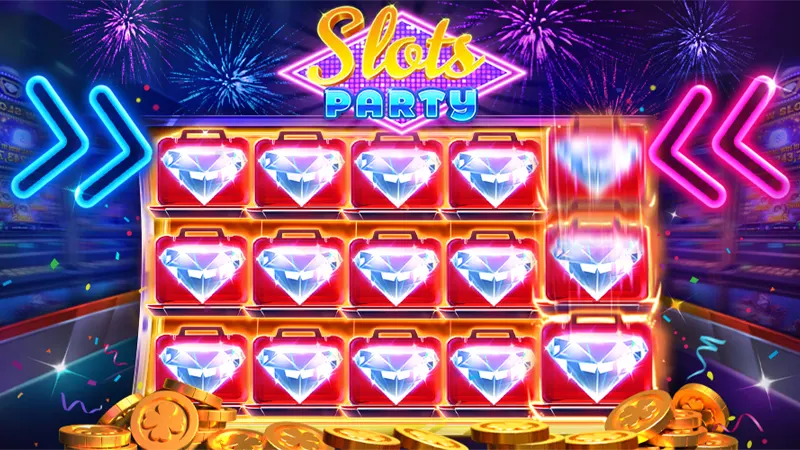“Are slot games really random?”
If you’ve ever played slots — especially after a string of losses or a near-miss — this question has probably crossed your mind.
Many players wonder whether these games are rigged, controlled, or secretly manipulated. Why do you often lose just before hitting a jackpot symbol? Why does it feel like the game is “due” for a win?
These doubts are understandable but often based on misconceptions.
In this article, we’ll unpack how slot machines actually work, explain the concept of randomness in slots, and help you develop a smarter mindset when playing. Understanding these mechanics can save you from common mistakes — and from falling into the trap of blaming the game for every loss.
Let’s clarify what’s random, what’s not, and how you can play more strategically at Casino 91 Club.
How Do Slot Games Work: Random or Not?
RNG – The Beating Heart of Every Slot Game
All modern slot games are powered by something called an RNG – Random Number Generator. This is a specialized algorithm designed to produce completely unpredictable results on every spin.
Each time you hit the “Spin” button, the RNG generates a new combination independently — unaffected by any previous outcome. Whether you just hit a win, a loss, or a near-jackpot, your next result is completely fresh and unrelated.
This is crucial: there is no memory in slot games. The machine doesn’t know or care if you’ve been playing for 5 minutes or 5 hours.

No Patterns, No “Due” Wins or Hot/Cold Machines
One of the biggest myths in slot gaming is the idea that a machine is “getting ready” to pay out, or that it must release a win after a losing streak. This is simply false. The RNG runs continuously, even when nobody is playing, constantly cycling through millions of outcomes per second. The result you get is based on the exact microsecond you press spin.
There’s no such thing as a “slot about to pay” or a “tight machine.” It’s pure probability, every time.
The takeaway? Trying to guess when a machine will hit is like trying to predict lightning — possible in theory, but practically impossible.
Stats That Affect Perceived Randomness
RTP and Volatility – Easily Misunderstood Without Context
Two technical terms often confuse players: RTP and volatility. These don’t affect the randomness of a single spin, but they do shape how wins and losses feel over time.
- RTP (Return to Player) is a theoretical value indicating how much a slot returns over long-term play — say, thousands or millions of spins. A 96% RTP means the game pays back $96 for every $100 wagered on average.
But it does not mean you’ll get $96 back after betting $100. In short sessions, you might win big, or lose everything — that’s where volatility kicks in. - Volatility describes how “spiky” the payout pattern is.
- Low volatility = frequent small wins
- High volatility = rare but massive payouts
Together, RTP and volatility set your long-term expectations, but they do not influence whether a game is “due” or “fair.”

Near Misses – “Almost Winning” is Not a Clue
Another illusion is the “near miss” — when symbols line up almost perfectly for a jackpot, but fall just short. These moments feel like the game is teasing you.
In reality, they are still fully random results generated by the RNG. There’s no built-in intention to “almost reward” you.
Designers use visual effects and sound to heighten drama, but they don’t control the outcome. What looks like a setup is just well-crafted presentation — not manipulation.
Understanding RNG Helps You Avoid Common Pitfalls
Don’t Chase Losses Thinking a Win is “Due”
One of the most dangerous habits among slot players is “loss chasing.” The logic goes: “I’ve been losing for a while, so a big win must be coming soon.”
This couldn’t be more incorrect. Since each spin is independent, there is no memory or momentum. Losing 10 spins in a row doesn’t make the 11th spin more likely to win. Believing otherwise can lead to reckless betting, frustration, and bankroll collapse.
To avoid this trap, treat every spin as a separate event, and set clear betting limits before you play.

Don’t Keep Switching Machines Believing Others Are “Luckier”
Another myth is that some machines are “hot” while others are “cold.” This leads players to switch games constantly, hoping to land on a lucky one. But again, if all slots use a certified RNG, each one is equally fair — and equally unpredictable. You’re not more likely to win just by moving from Machine A to Machine B.
The idea that a game “likes” or “hates” you is an illusion. Slot outcomes are math-driven, not emotionally reactive. Knowing this lets you play calmly and avoid unnecessary stress. Emotional decisions often lead to losses, while understanding mechanics leads to control.
Are Slot Games at Casino 91 Club Truly Random?
Certified RNG from Independent Testing Labs
At Casino 91 Club, all slot games undergo rigorous testing and certification to ensure fairness and true randomness. These games are powered by licensed providers who work with independent testing labs like:
- eCOGRA
- iTech Labs
- GLI (Gaming Labs International)
These organizations audit the RNG systems to confirm that no manipulation is possible — neither by the casino, the game provider, nor the player.
Tests include statistical analysis, stress tests, and long-term simulations to verify integrity. This ensures true randomness in every game, every time.

Transparent Game Info: RTP, Provider, License
Casino 91 Club goes a step further by clearly displaying all key information for every slot game:
- RTP %
- Game provider (e.g., NetEnt, Pragmatic Play)
- License and jurisdiction (Malta, Curacao, etc.)
This transparency builds trust. Players can easily make informed choices — whether they’re looking for high-RTP titles, low volatility slots, or games with bonus features.
In short, every game is fair, certified, and random. This creates a level playing field for all users — whether they’re just starting or aiming for big wins in choosing slot games easy to big win.
Slot Games Are Random – But Your Play Shouldn’t Be
So, are slot games random?
Yes — absolutely. If a game uses certified RNG software, it’s not rigged, predictable, or influenced by your past activity. Every spin is a clean slate.
But while the game may be random, your approach shouldn’t be.
Smart slot players understand:
- RNG mechanics and what they mean
- The difference between RTP and volatility
- The emotional traps like chasing losses or believing in “due” wins
By playing with knowledge, not just instinct, you can avoid common mistakes and make the most of your time and bankroll.
At Casino 91 Club, every game is built on fairness and transparency. RNG certifications, clear RTP stats, and honest practices ensure that your experience is both fun and safe.
👉 “Randomness belongs to the game – control belongs to you.”

